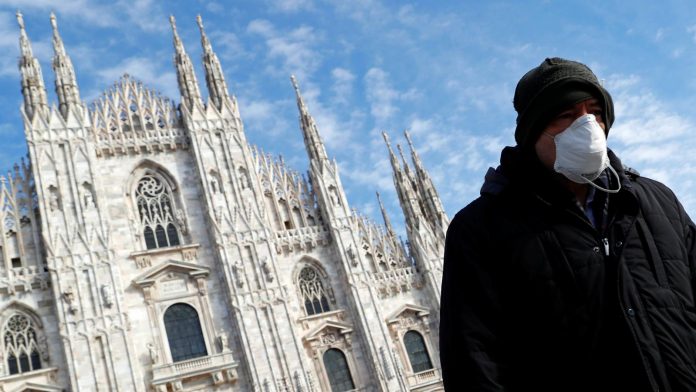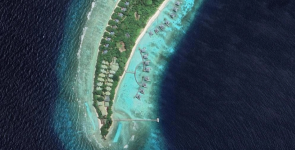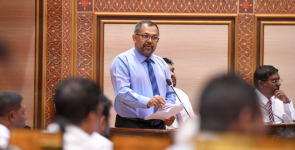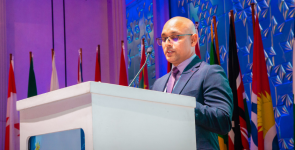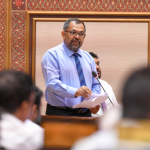In just a matter of weeks, Italy was completely shut down by the spread of the COVID-19 pandemic. Italy has reported the highest number of deaths from COVID-19 in the world so far. The country reported around 919 deaths from the virus by 27th March.
In the face of this uncertainty, policymakers are unsure in identifying the right actions to be taken to prevent and contain the spread of the virus. These could be valuable lessons to countries such as the Maldives, where the spread of the virus is still slow compared to countries like Spain.
- Eliminating Cognitive Biases
In the early stages, Italy did not perceive this as a potential crisis, which led skepticism from both the public and from the people in the policy circles when the state of emergency was declared.
Due to some notable Italian politician’s cognitive biases, they engaged in public handshaking in Milan to prove that the economy does not need to panic and its not a huge crisis. A week later one of the politicians was diagnosed with COVID-19.
Thus their firm belief that this pandemic will not affect the economy as severely as medical experts were forecasting, is one of the reasons for the massive spread of COVID-19 in the country.
2. Avoid Selective Prevention Measures
Another lesson to be learned from Italy is to avoid implementing prevention measures only in the infected regions. Italy only locks down the arrival to the infected regions which led to exodus travel to the other regions of the country. Due to this Italy followed the spread of the virus instead of preventing it.
This illustrates that an effective response to the virus needs to be orchestrated as a uniform system of action taken simultaneously.
3. Collecting and Disseminating Data
Some International news outlets suggest that the widespread of the virus went unnoticed in early 2020 is due to lack of epidemiological capabilities and the inability to systematically record anomalous infection peaks in some hospitals.
An effective data collection will help the government and medical experts in determining which approaches are working and which are not.
The Maldivian government has taken necessary measures against the disease as soon as the first case of the virus was detected. The government has also taken uniform precautionary measures under a SOP made to handle the COVID-19 cases. However, Maldives is still in the early stages of the COVID-19 crisis, thus the efficiency in data collection and dissemination is yet to be known.
COVID-19 virus is still yet to be fully studied, thus there is tremendous uncertainty regarding prevention and cure to the virus. Thus, the most vital step is to take precautionary measures against the virus before it spreads exponentially. As the Italian Protezione Civile said, ” The virus is faster than our bureaucracy.”


